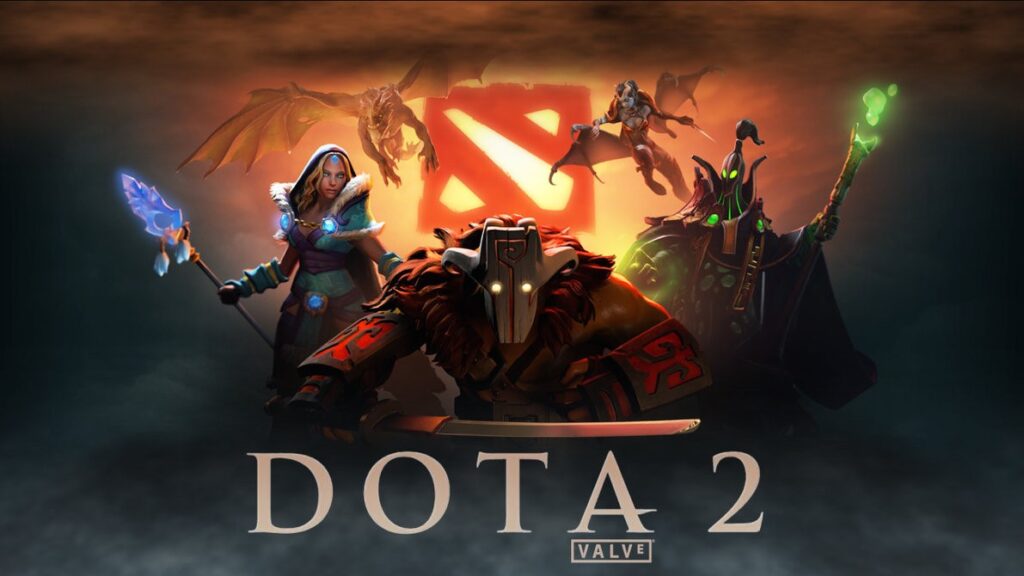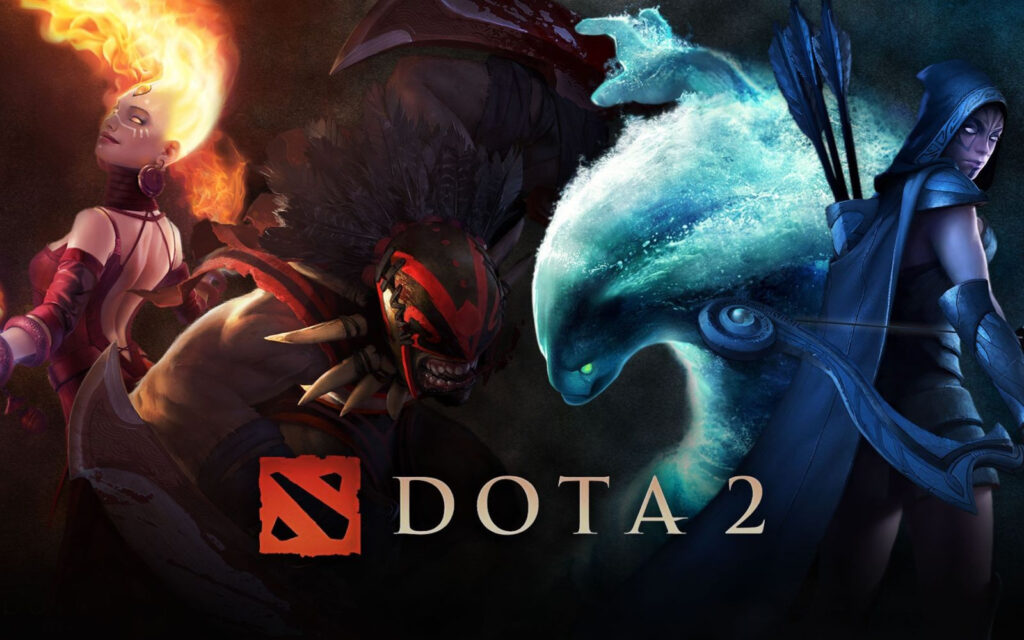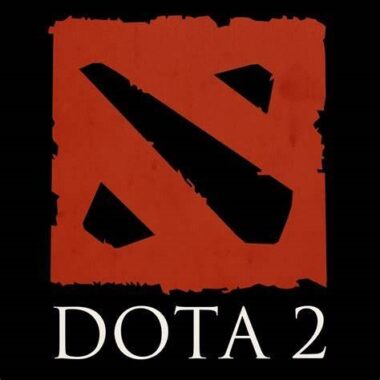Dota 2 is one of the most complex and competitive multiplayer online battle arena (MOBA) games, requiring a deep understanding of strategies, mechanics, and teamwork. For beginners, learning the ropes can be overwhelming, but mastering this game can be incredibly rewarding. In this guide, we will explore the essential tips and strategies on how to improve in Dota 2, helping both new players and veterans hone their skills.
Understanding the Basics of Dota 2
Before diving into advanced mechanics, it’s important to understand the basics of Dota 2 gameplay. The game pits two teams of five players against each other, with the main objective being the destruction of the enemy’s Ancient, a large structure located in their base.

The Role of Heroes in Dota 2
Choosing the right hero is crucial to winning in Dota 2. With over 120 heroes to choose from, each player has a variety of roles to fill. Typically, heroes fall into one of these categories: Carry, Support, Offlaner, and Mid-laner. Learning the strengths and weaknesses of each role can significantly impact your team’s performance.
How to Choose the Right Hero for Your Role
Carry Heroes
Carries are the late-game powerhouses of Dota 2. They rely on farming early in the game to build items that will help them deal massive damage later on. When playing as a Carry, focus on efficient farming techniques and prioritizing gold and experience.
Support Heroes
Support heroes are responsible for assisting their team by providing vision, healing, and crowd control. Unlike Carries, Support heroes do not need a lot of farm to be effective. Mastering support mechanics such as warding, dewarding, and positioning can be game-changing.
Understanding the Map and Positioning
The Importance of Map Awareness
In Dota 2, map awareness is critical to success. Knowing where the enemy heroes are and predicting their movements can give your team an advantage. Always keep an eye on the minimap and make sure your team is placing wards in key locations.
Positioning in Fights
Proper positioning during team fights is crucial. Carries should avoid being in the front line, while Support heroes must stay within range to provide assistance. The better your positioning, the more likely your team will come out on top in engagements.
How to Farm Efficiently
Last Hitting and Denying
Farming in Dota 2 involves securing the last hit on creeps to gain gold. Practice last hitting to increase your gold income. Denying creeps (getting the last hit on your own creeps) will deny the enemy gold and experience, putting them at a disadvantage.
Jungle Farming
In addition to lane creeps, you can farm neutral creeps in the jungle. Jungle farming techniques help heroes who need extra gold and experience, especially Carries who require more gold to become stronger in the late game.
How to Play During Different Stages of the Game
Early Game
In the early game, focus on securing kills and gaining gold. Support players should roam the map to set up ganks, while Carries should focus on farming efficiently in the lanes.
Mid Game
The mid game revolves around securing objectives such as towers and Roshan. Team fights start to become more frequent, and coordination is key. Be sure to stick with your team and make use of your hero’s abilities in conjunction with your teammates.
Late Game
In the late game, a single mistake can cost you the game. Positioning and communication become more critical, and players should focus on protecting their Carries and securing objectives like Roshan or the enemy base.

How to Work as a Team
Communication
Effective communication is key in Dota 2. Use the in-game chat and ping system to share information with your teammates. Call out enemy movements, set up ganks, and coordinate team fights for the best results.
Role Fulfillment
Each player has a unique role in Dota 2. Whether you’re a Carry, Support, or Offlaner, it’s important to stick to your role and fulfill your responsibilities within the team. Understanding what your teammates need from you will improve your team’s overall synergy.
Item Builds and Timing
Item Build Customization
Unlike many other games, item builds in Dota 2 are highly customizable depending on the situation. Learn to adapt your item build to the game you’re playing. For example, if the enemy has a lot of crowd control, you might want to build a Black King Bar (BKB) for magic immunity.
Item Timing
The timing of purchasing items is also crucial. Some items are more effective at different stages of the game, and getting them at the right moment can be the difference between winning and losing a team fight.
How to Make Use of the Courier
Courier Management
In Dota 2, the courier is used to deliver items to players from the base. Efficient use of the courier will ensure that you are well-equipped during key moments. Always coordinate with your team when using the courier to avoid delays or waste.
Understanding Roshan and His Importance
Roshan’s Impact on the Game
Roshan is the most powerful neutral creep in Dota 2, and his Aegis of the Immortal can be a game-changing item. Knowing when to take Roshan is a skill that comes with experience. Roshan control often dictates the pace of the late game.
How to Counter Pick Heroes
Hero Matchups
A key aspect of Dota 2 strategy is counter-picking. Some heroes perform well against certain enemy heroes. Learn the strengths and weaknesses of the hero pool to better counter your opponents during the drafting phase.
Team Composition
While individual hero picks are important, so is team composition. A well-rounded team with a good balance of damage, crowd control, and sustain is often more effective than a team with all-out damage.
Advanced Mechanics and Tactics
Animation Cancelling
One of the more advanced mechanics in Dota 2 is animation cancelling. This allows you to perform actions more efficiently by cancelling unnecessary animations, increasing your overall damage output in fights.
Creep Aggro Manipulation
Creep aggro manipulation is another advanced skill that can give you an edge in the laning phase. By pulling creeps or manipulating aggro, you can control the flow of the lane and set up kills or deny farm to the enemy.
Conclusion
Mastering Dota 2 requires time, practice, and a deep understanding of both individual hero mechanics and overall team strategies. By following these tips and guides, you can significantly improve your gameplay and climb the ranks in one of the most challenging yet rewarding competitive games. Focus on communication, map awareness, and adapting your strategy based on the flow of the game, and you’ll be on your way to becoming a more skilled player.


